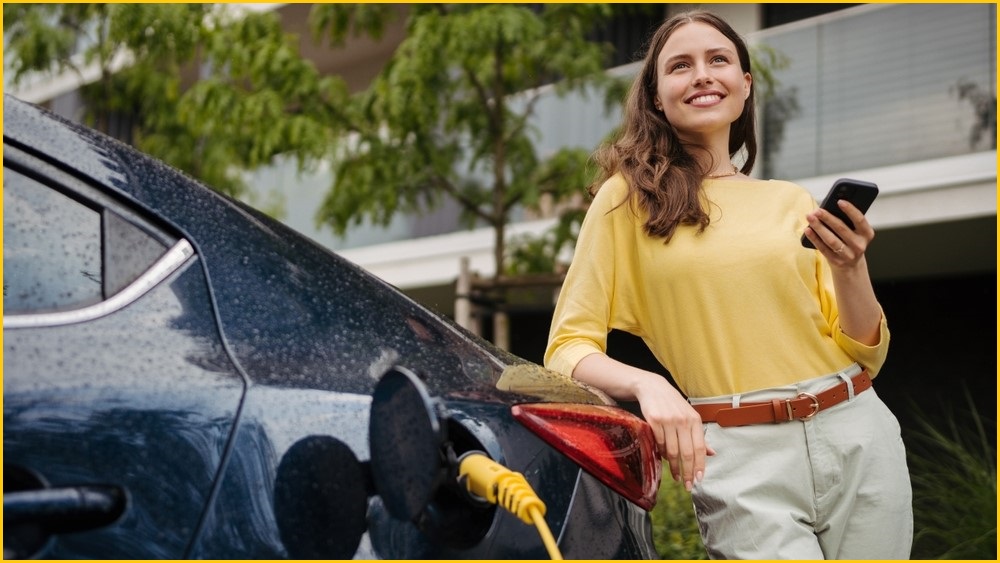The landscape for electric vehicle (EV) take-up in Australia continues to be challenged as sales dip against the backdrop of price cuts on Tesla EVs and new brands from China entering the market.
Tesla announced yesterday that globally its second-quarter net income fell 45 percent compared to a year ago.
It was the car manufacturer’s second straight quarterly net income decline.
In Australia, Tesla sales were down 9.6 percent for the first half of this year.
Globally, deliveries of Tesla electric cars declined 4.8 per cent over a three-month period from April to June 2024.
Since January 1, sales were down 6.6 per cent amid a global slowdown in the growth of electric car sales.
According to Federal Chamber of Automotive Industries (FCAI) chief executive Tony Weber, EVs saw a slight decrease in sales during the first half of this year.
They accounted for 8 per cent of new car sales, down from 8.8 per cent at the same time last year
The FCAI said Australia has experienced an increase in EV sales year-to date, with 50,219 EVs sold compared to 43,092 at the same time last year.
Hybrid and plug-in hybrid vehicles have seen an increase in market share, capturing 14.4 per cent of the market compared to 7.8 per cent in June last year, reflecting a growing consumer preference for more sustainable vehicle options, FCAI found.
Tesla discounting hinders resale value
Tesla remains the best-selling EV in Australia, but unlike a few years ago, reports indicate a stockpile of new Tesla cars in Australia, including a strong market of second-hand models.
A quick look at website carsales.com.au reveals 1,000 second-hand Teslas on the marketplace, many with a listed price below market value.
Research by the Australian Automotive Dealers Association (AADA) found used EVs have a below average resale value and spend a longer time for sale than other used cars.
The data, taken from dealer and private used-car listings in Australia in December 2023, showed EVs are currently losing a large proportion of their value after the two-year mark.
Reports in the media suggest Tesla owners are struggling to offload their cars primarily due to the easing of supply issues and the discounting of new vehicles by Tesla.
However, one seller, Richie Cleanthous from Chippendale in NSW, told Information Age it took only two weeks to sell his 2023 Tesla Model 3 so he could upgrade to a new model.
“Tesla has dropped their prices, so prices [for second hand Teslas] are down a bit.”
A spokesperson for the Tesla Owners Club of Australia said people can sell their current model Teslas for a reasonable price.
“The period of early adopters where the original purchase price was much higher than today are thinning out as they replace their vehicles.
“EV uptake is continuing to improve and will create a more stable and competitive market as those wanting second-hand EVs grow.”
EV options finally in Australia
Tesla has now been in the Australian market since 2011 and it is likely Tesla owners may find it difficult to sell their cars due to market saturation and increased competition from cheaper models from Chinese manufacturers.
Low priced EV offerings from BYD, Great Wall Motors (GWM) Ora, and MG are flourishing.
The cheapest EVs can now be purchased for less than $36,000 driveaway while Tesla's cheapest EV, the Model 3, starts at nearly $60,000 on the road.
Some buyers are also concerned that older Tesla models may be outdated due to the pace of technological change in the market.
Concerns about battery life and degradation are also on the rise.
A standard lifespan, often cited by manufacturers, for an EV battery is eight to 10 years or around 160,000 - 200,000 kilometres.
However, as the industry is still immature, it is difficult to be precise about what happens to the battery over a car’s lifespan.
Concern about the public charging network in Australia is also hindering take-up.
There are around 3,000 public EV charging sites across Australia.
Tesla has long been regarded as having a more comprehensive charging network, but the lower cost of new EVs entering the Australian market, together with Government-led charger rollout programs in most states, is denting Tesla sales.










